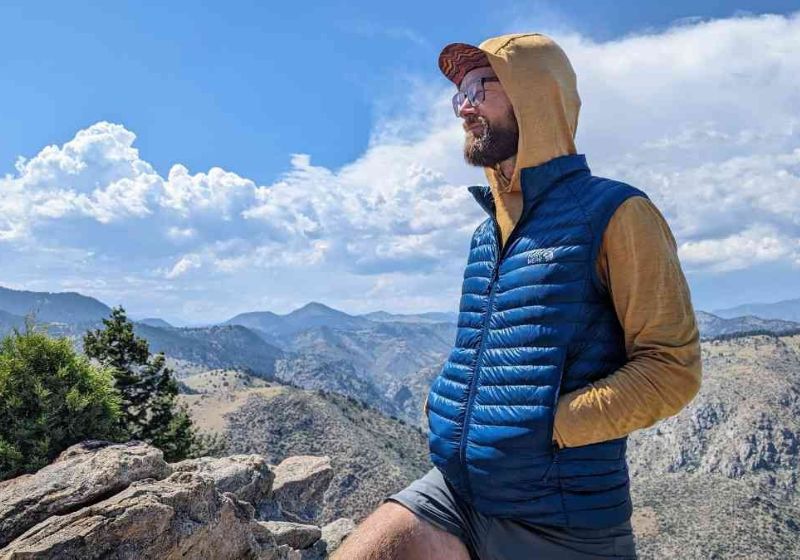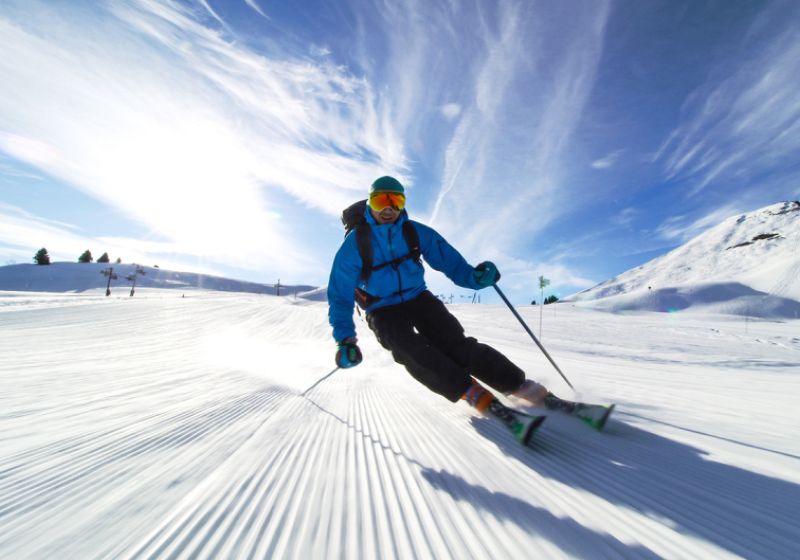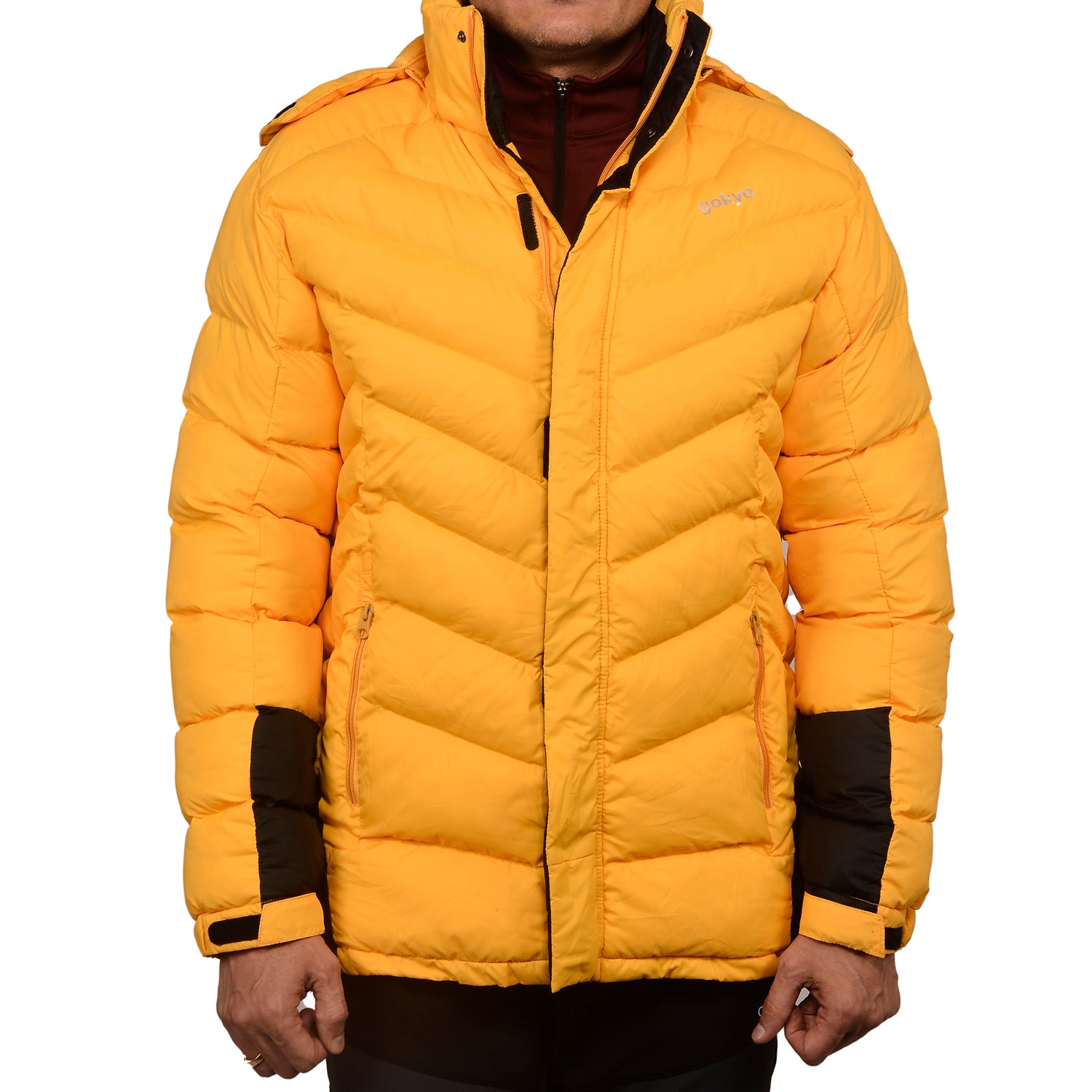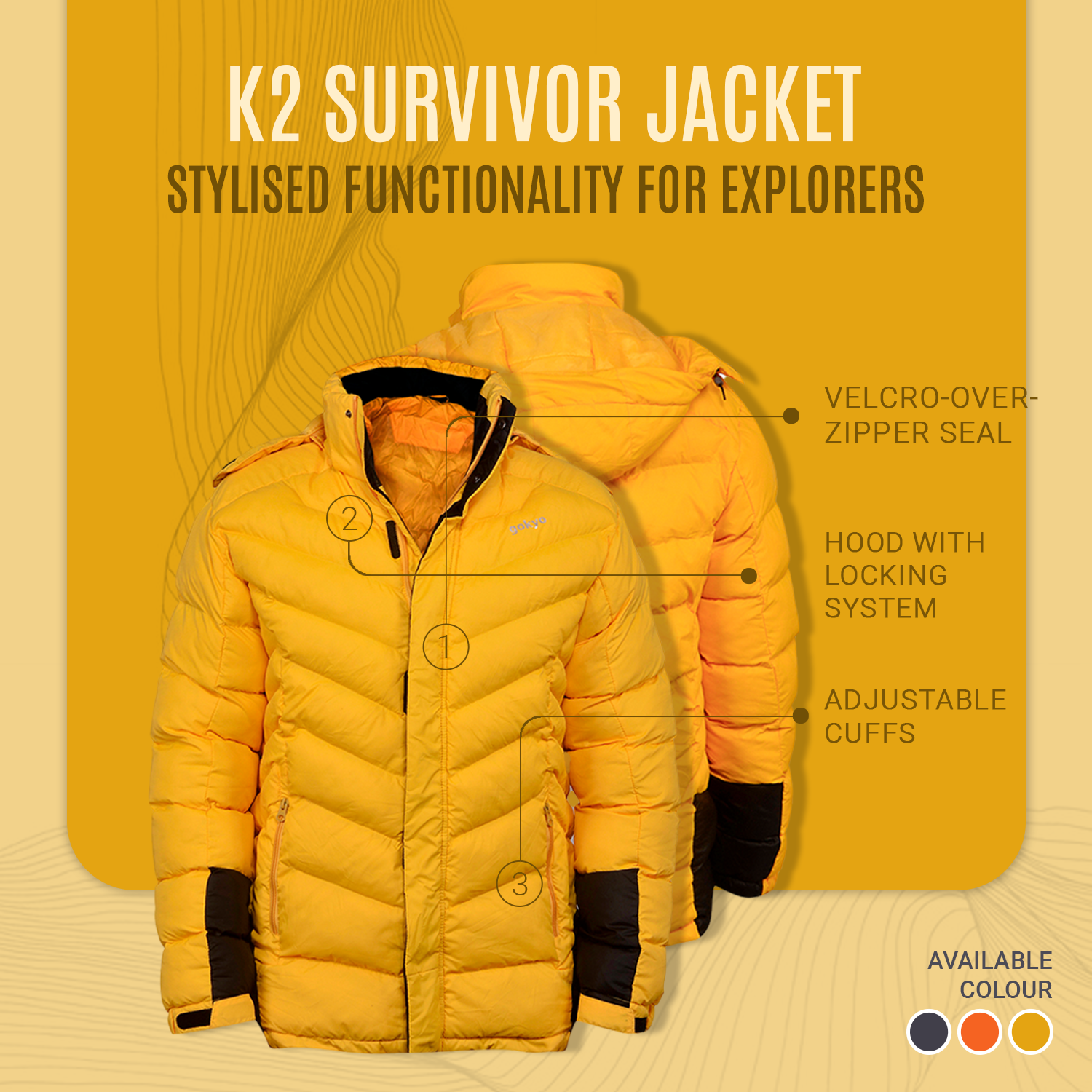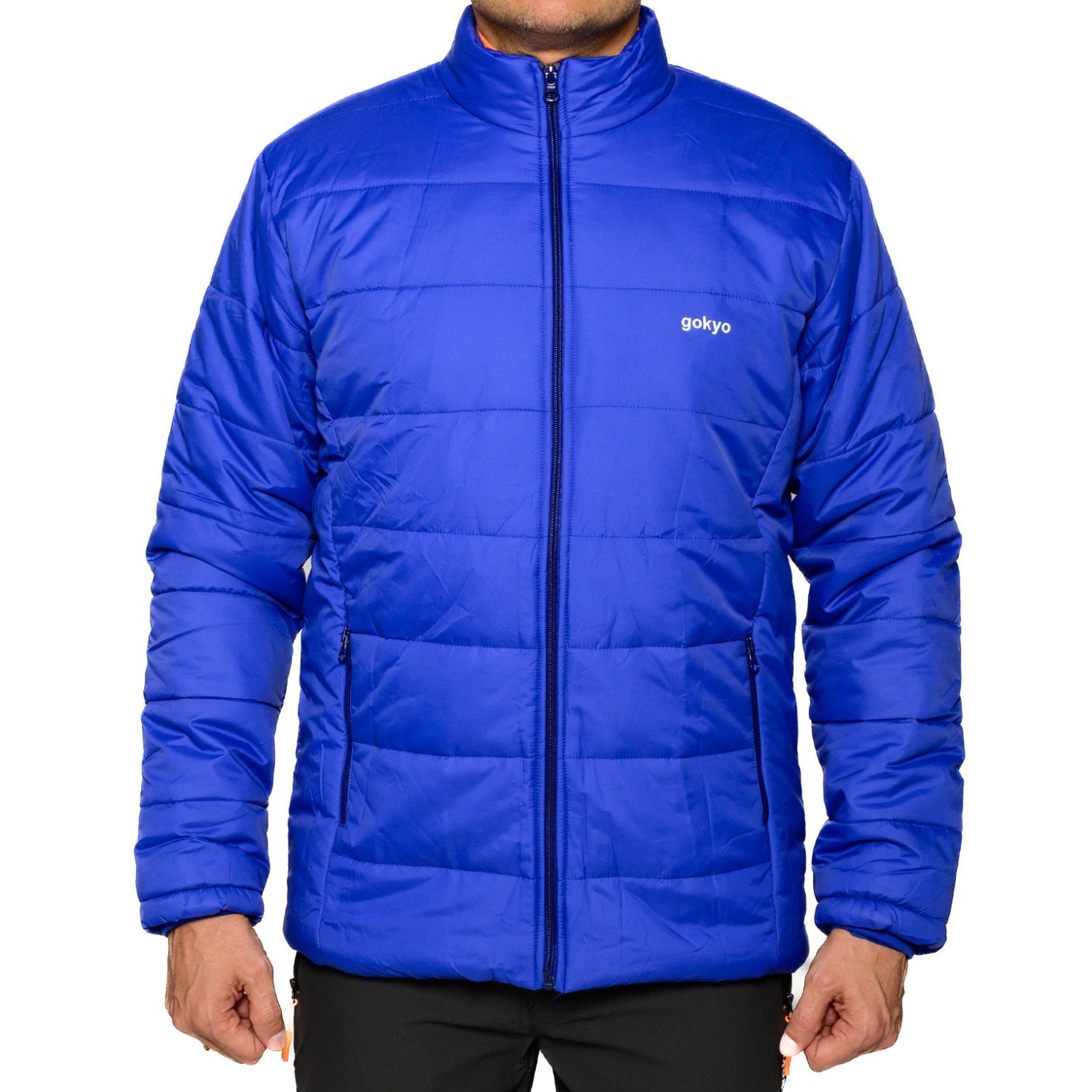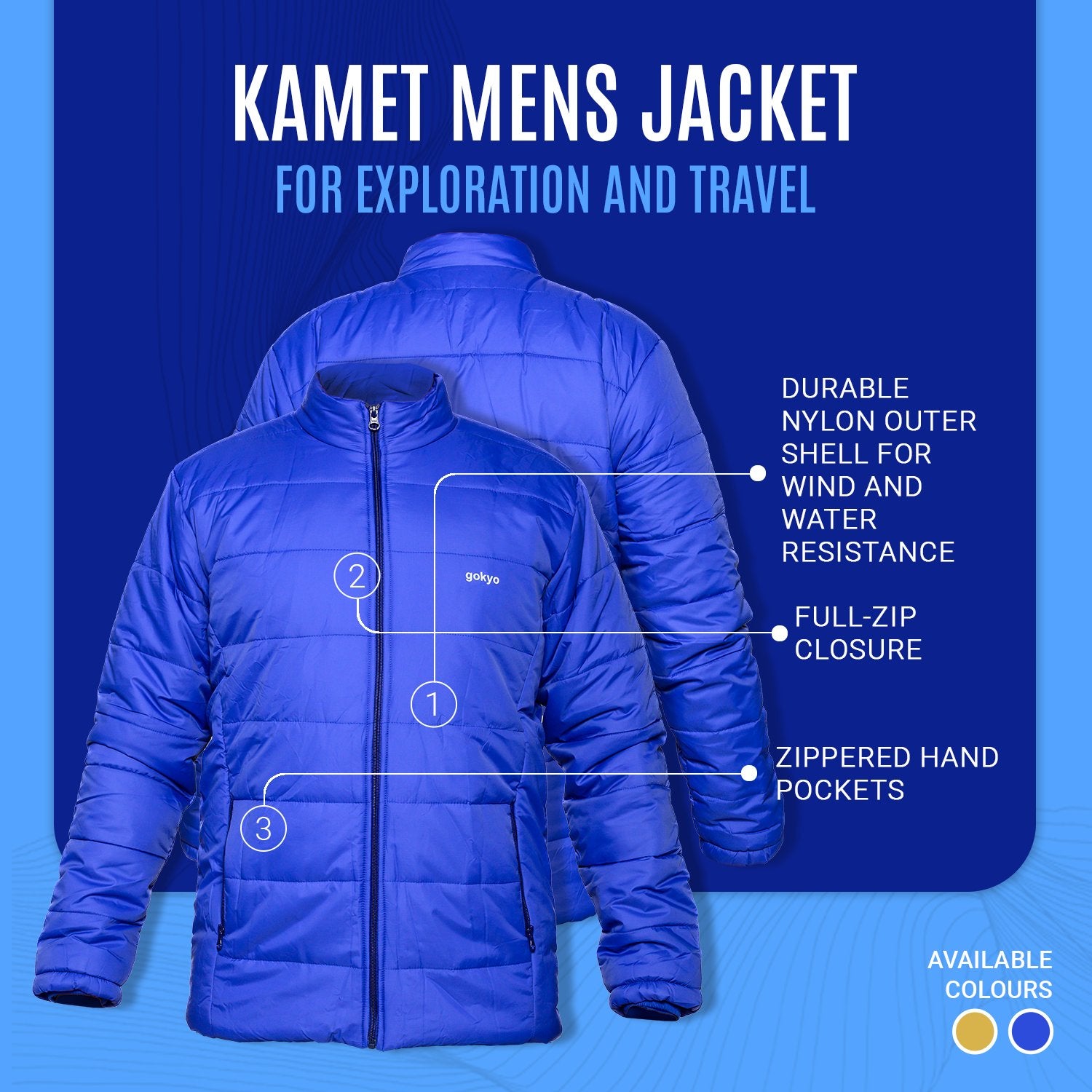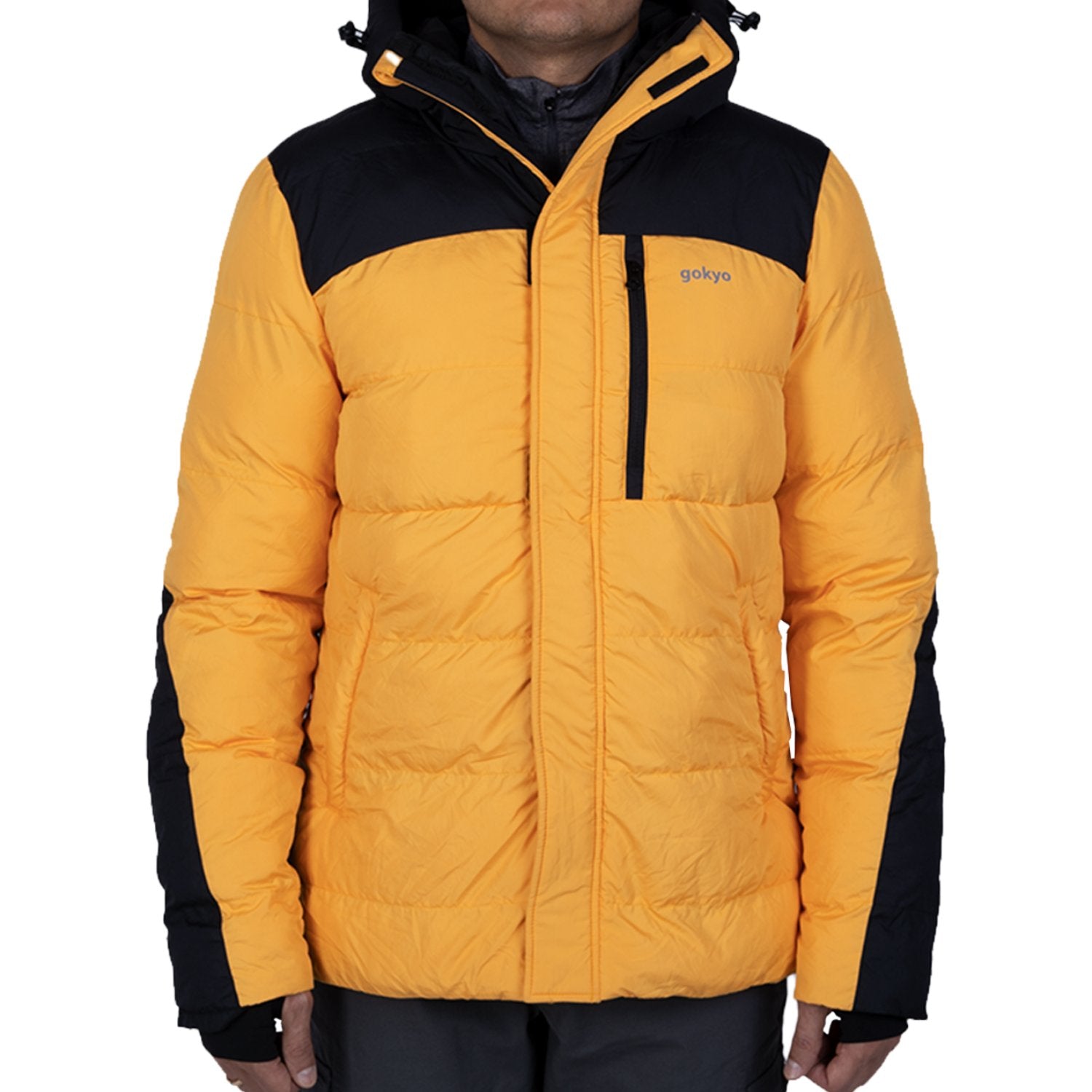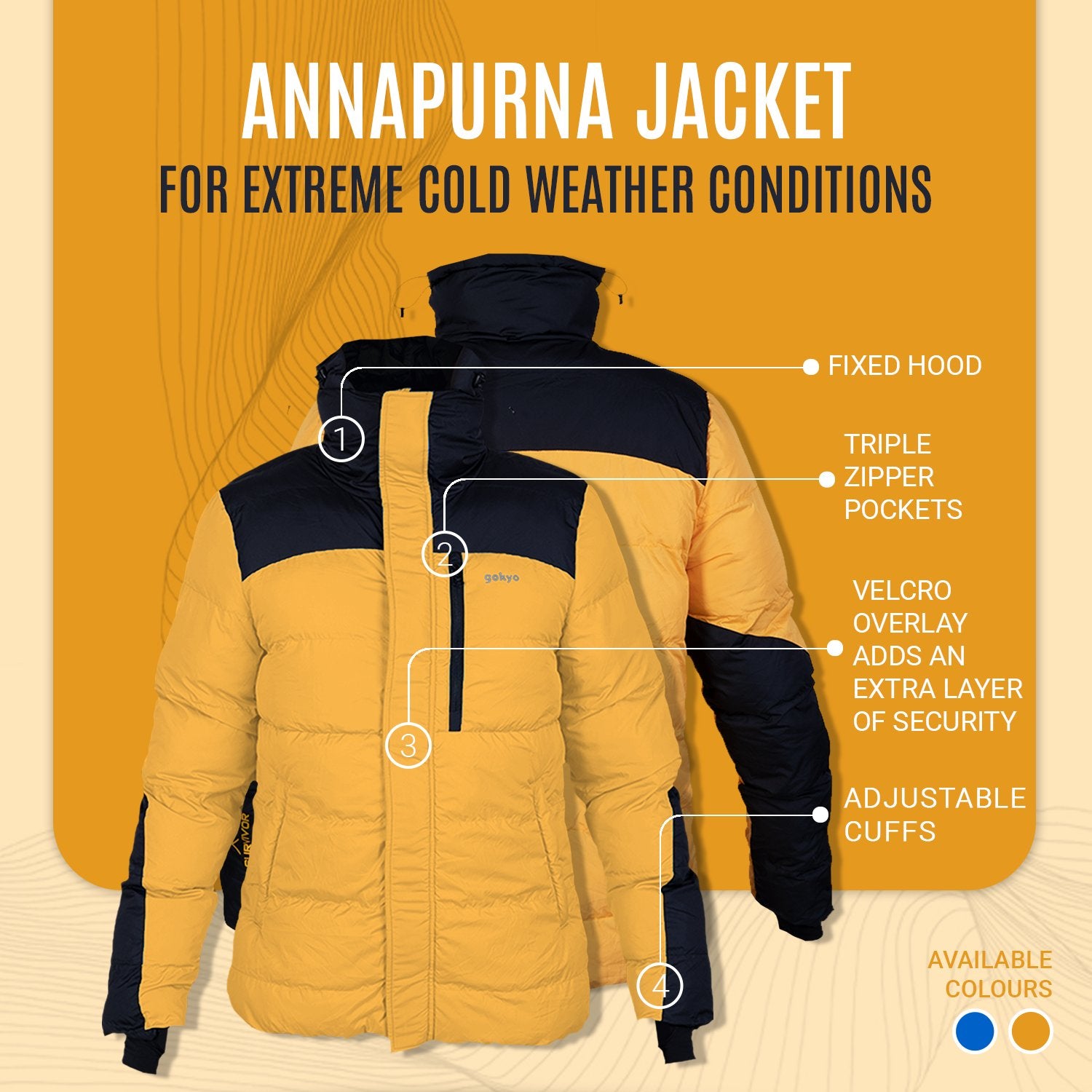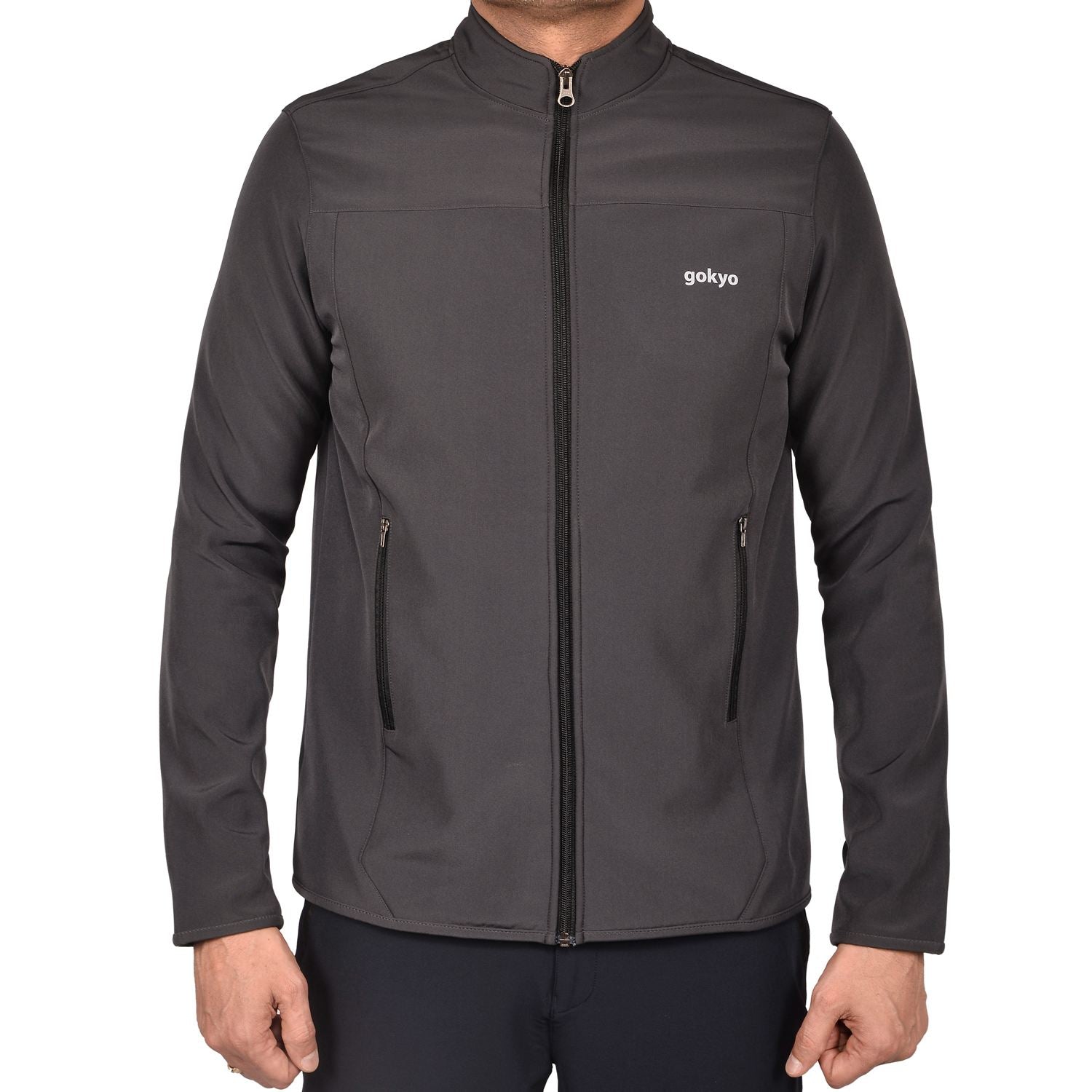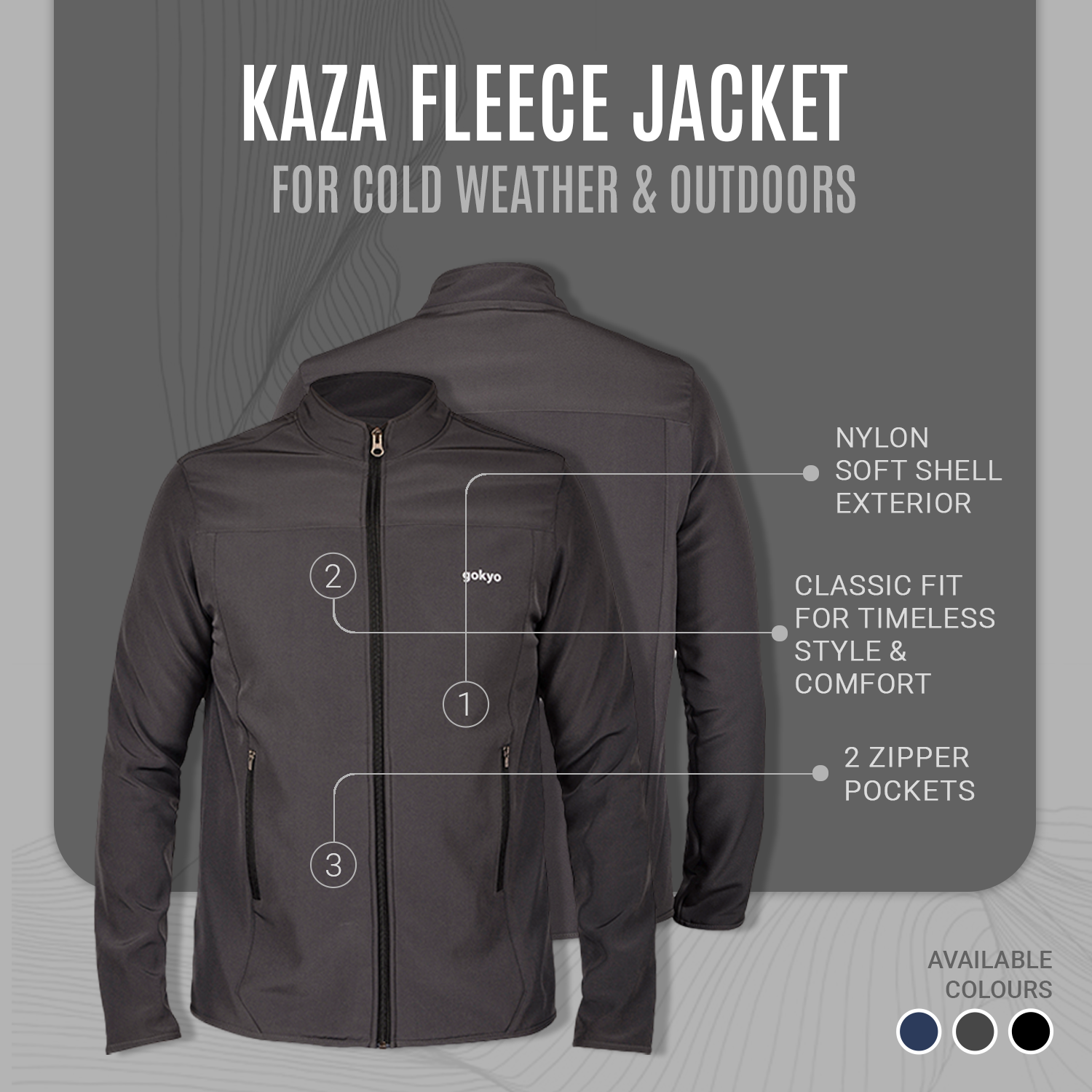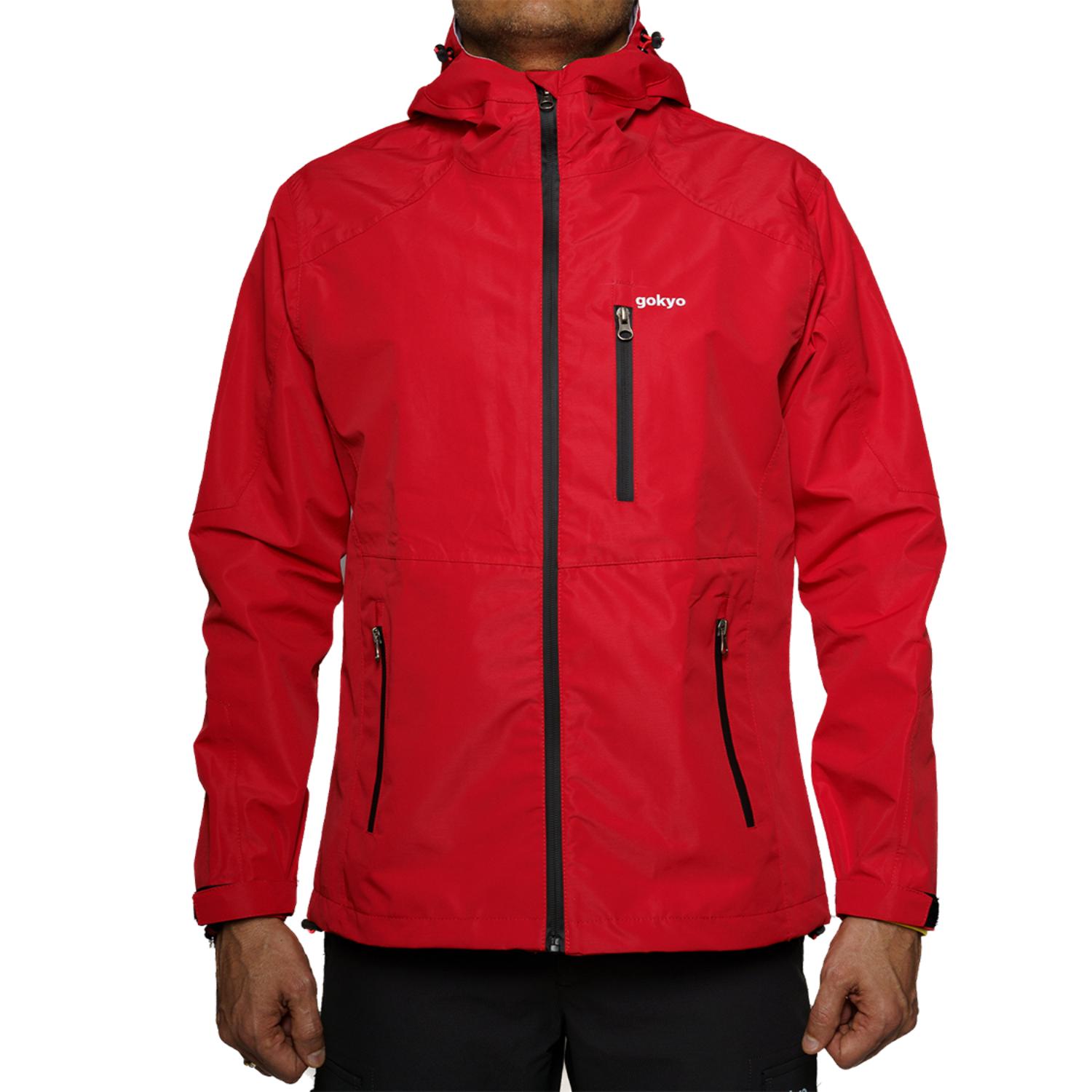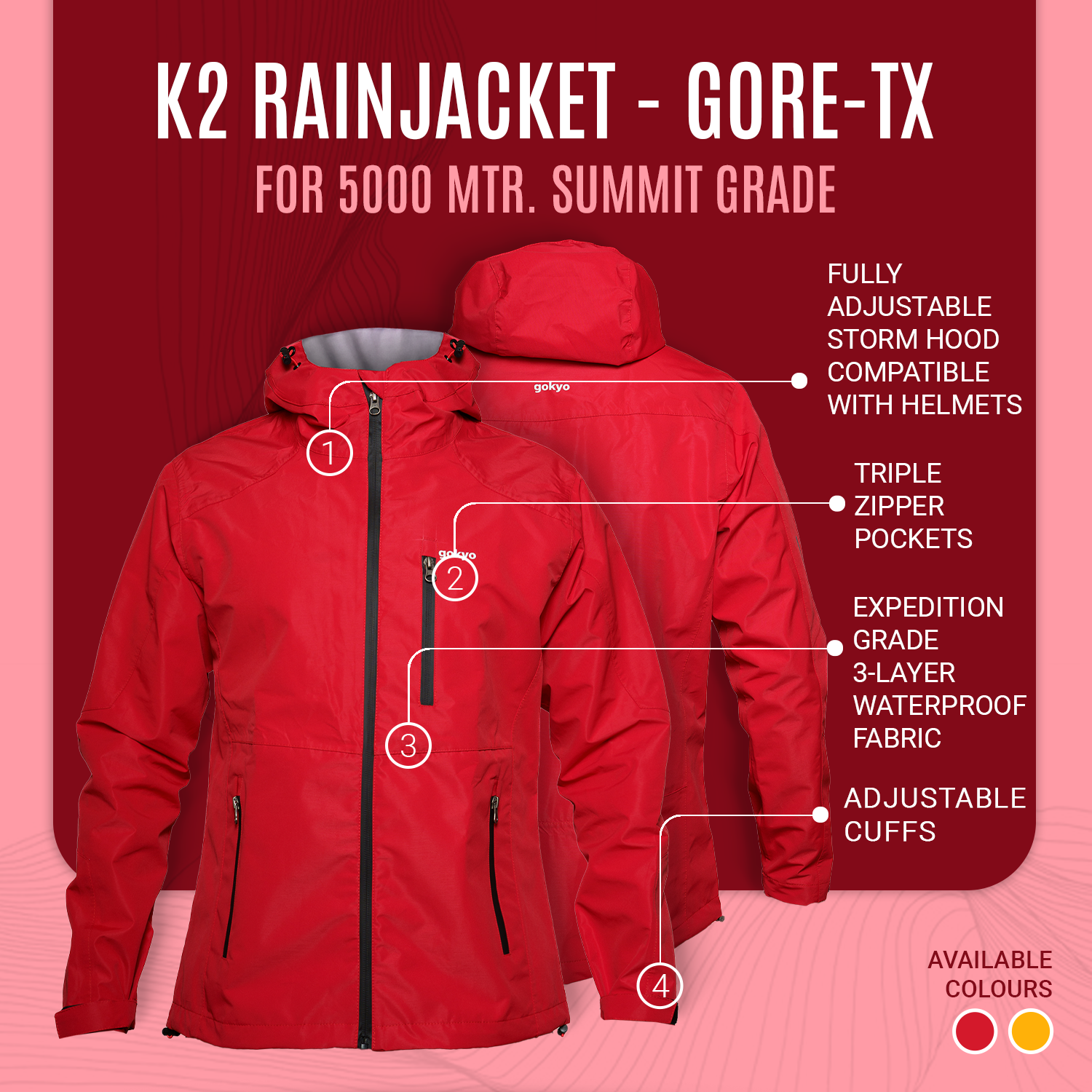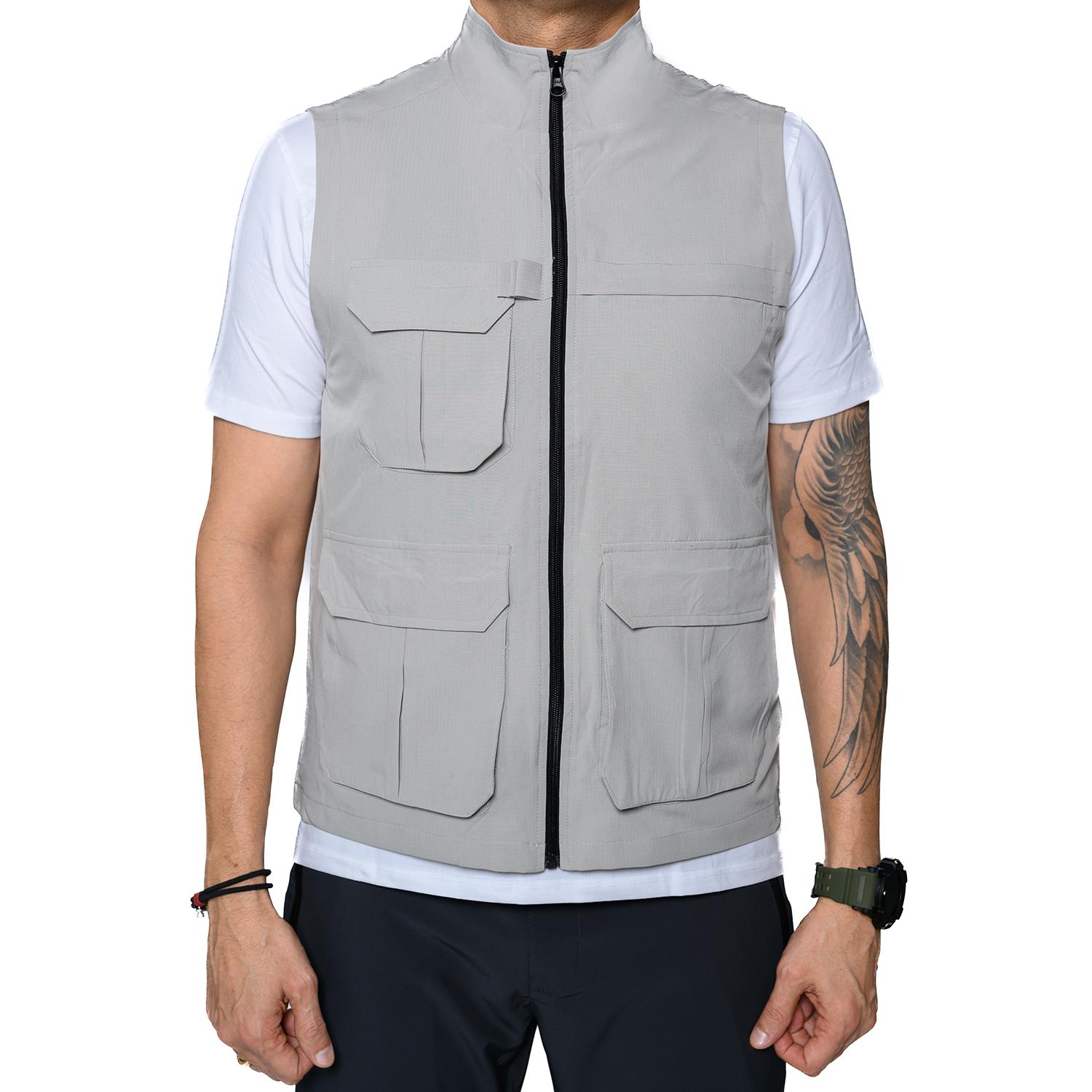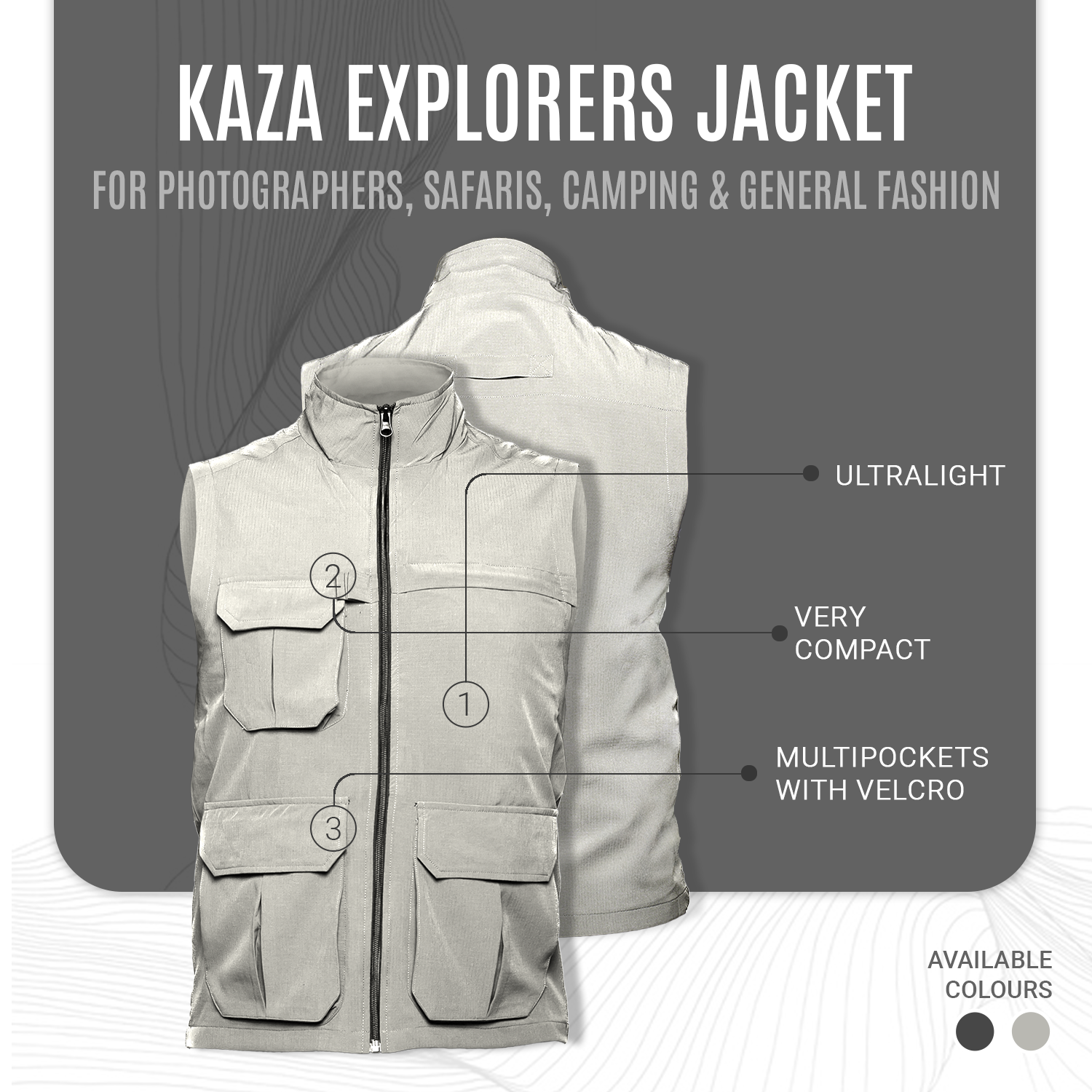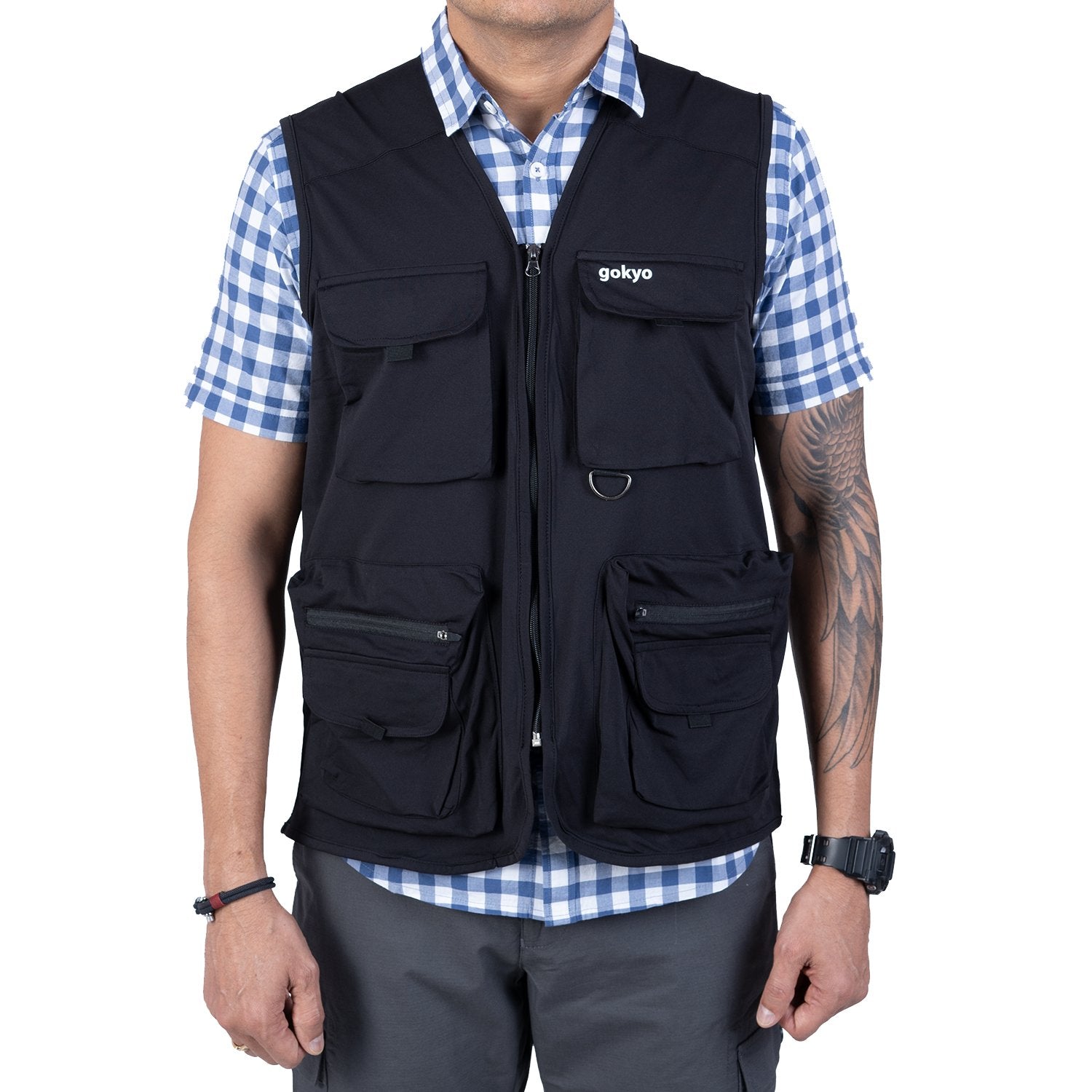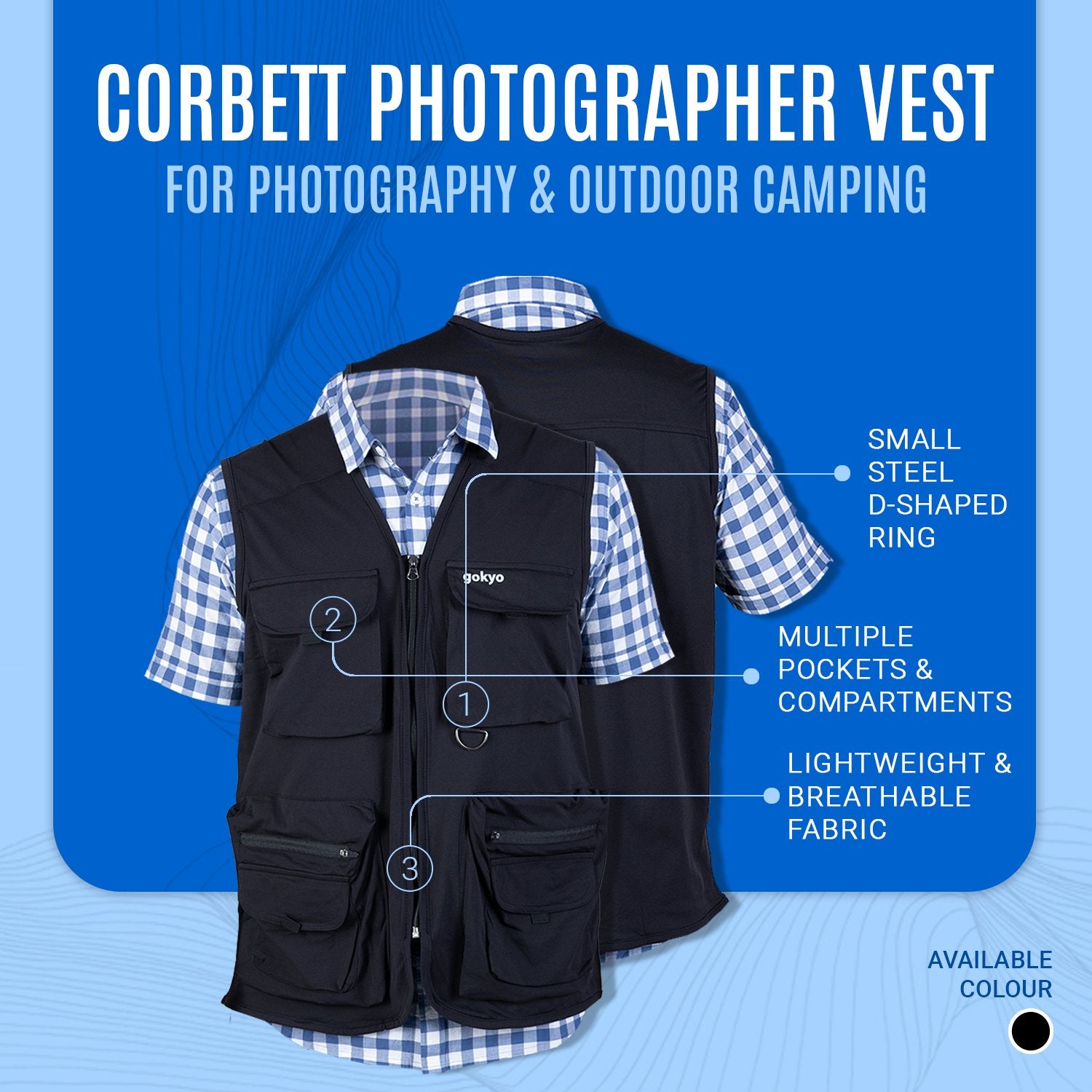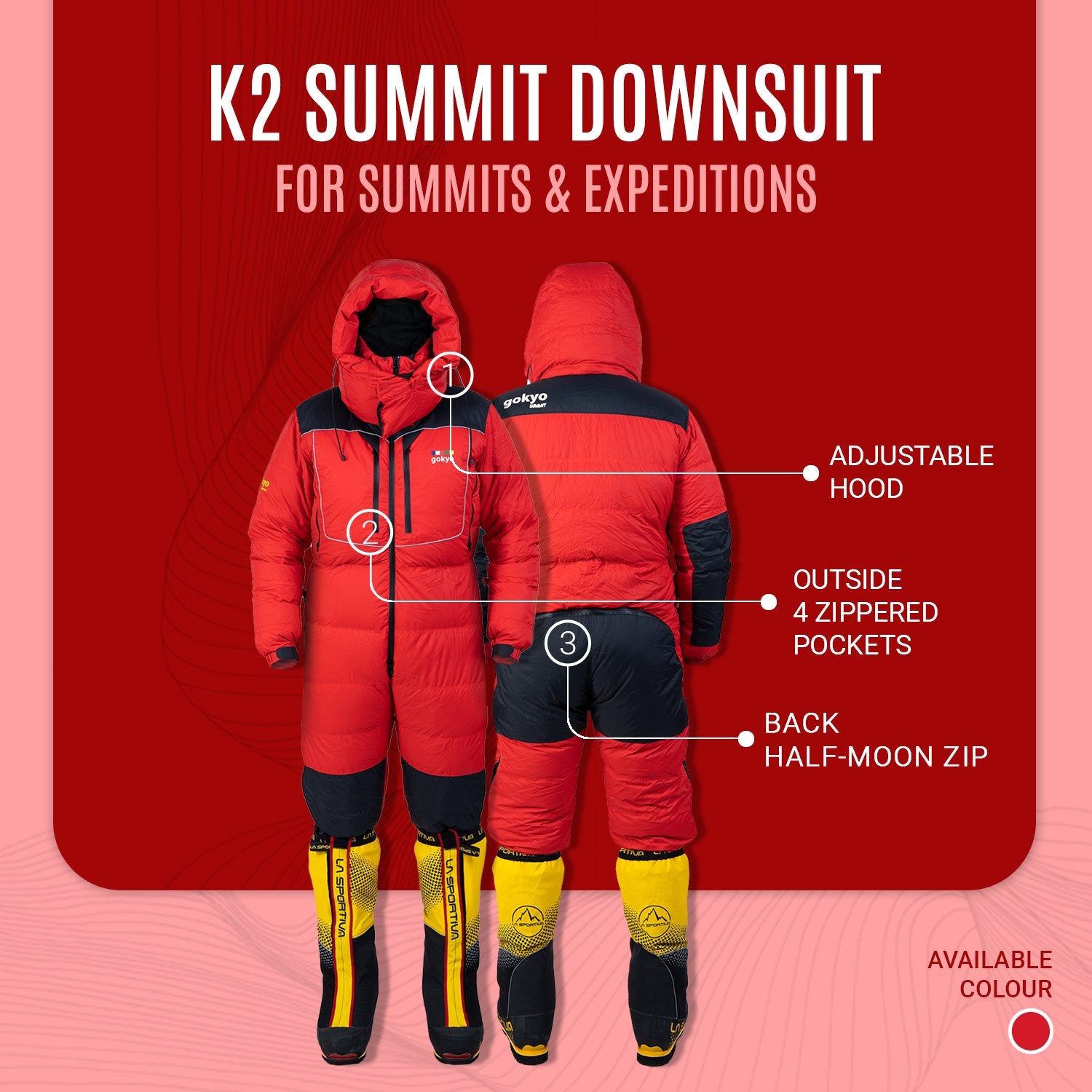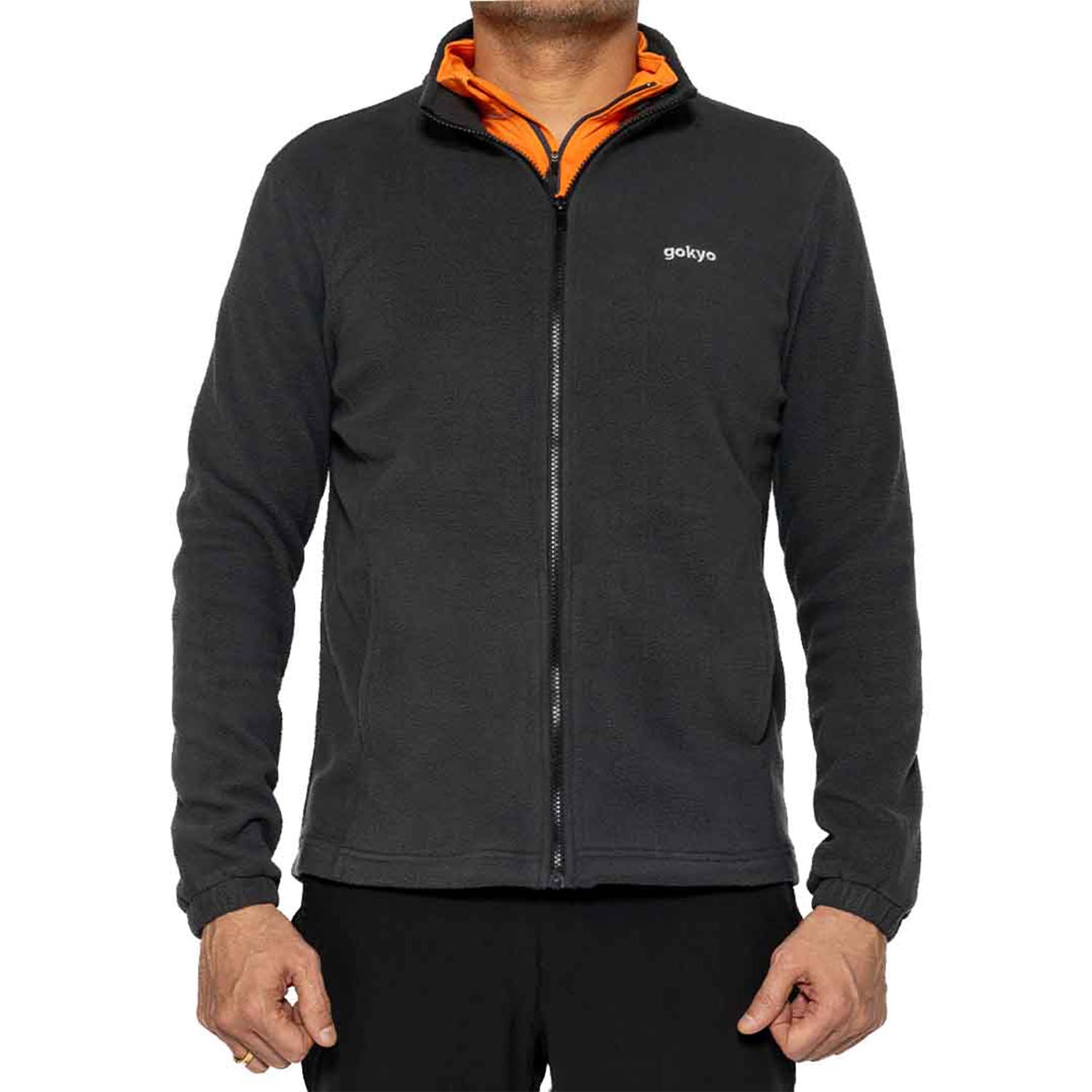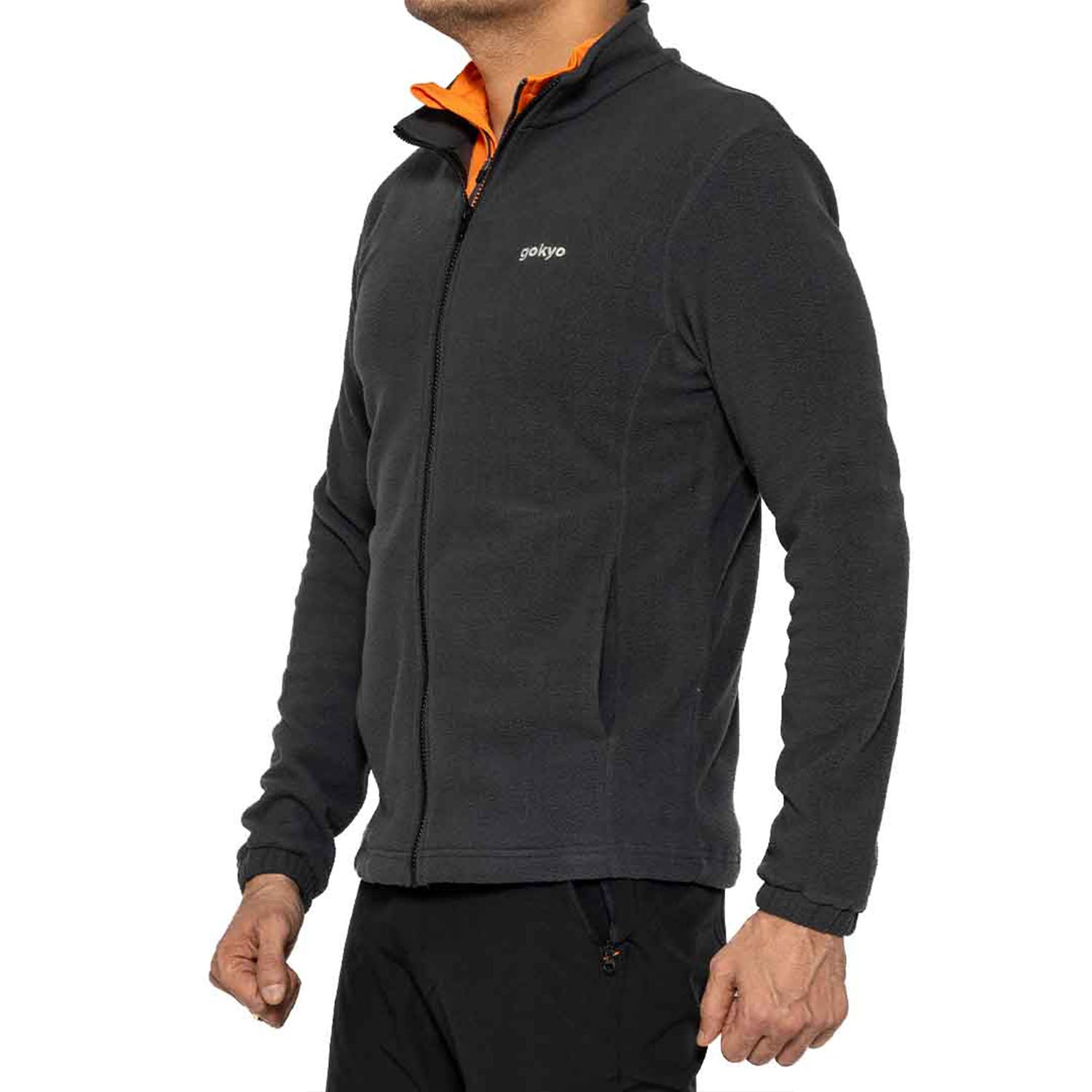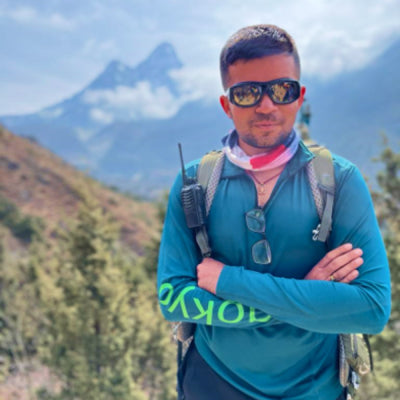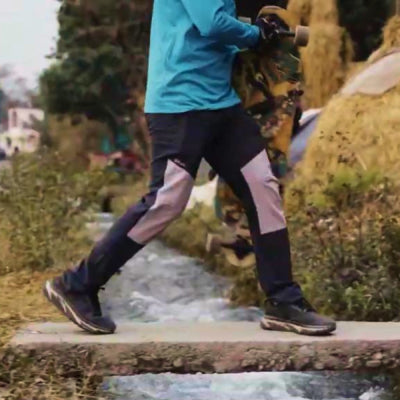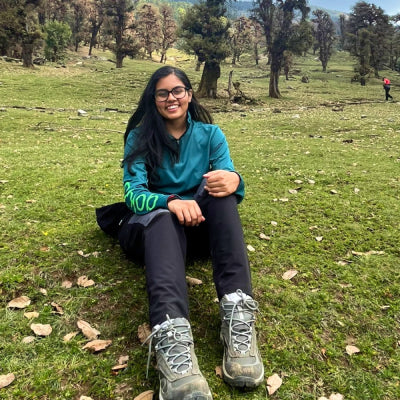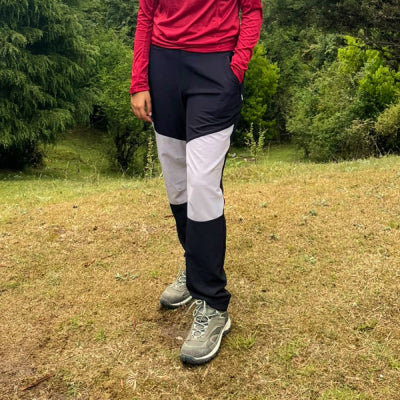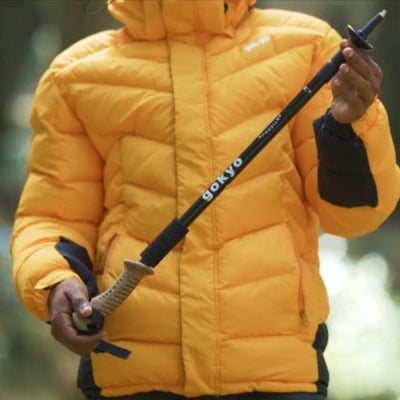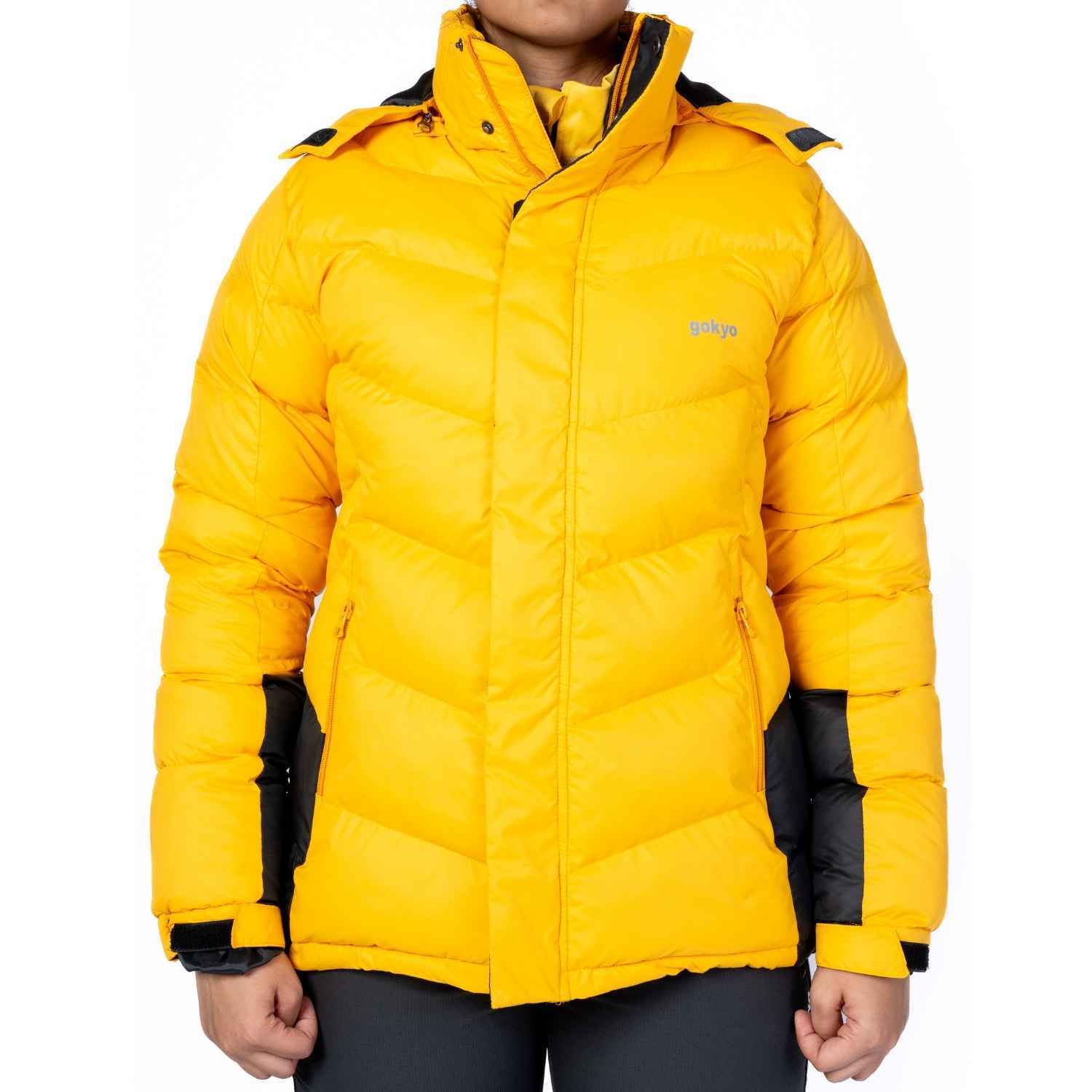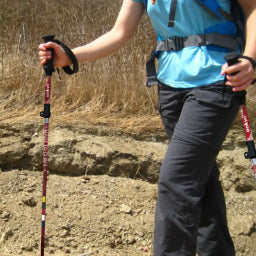Winter beckons with crisp air, snowy landscapes, and frosty adventures. But staying warm while enjoying the outdoors requires the right gear. When it comes to outerwear, the debate between jackets in winter and vest jackets often arises. Both offer insulation, but which one reigns supreme for your cold-weather escapades? Let's break down the pros and cons of each to help you choose the best companion for your winter adventures.
Winter Jackets: Full Coverage for Maximum Warmth
Winter jackets are the ultimate armor against the cold, offering complete upper body insulation. They come in various styles and materials, catering to different activity levels and weather conditions. Here's a breakdown of their strengths:
- Unmatched Warmth: Winter jackets cover your entire torso, arms, and sometimes even your head (think hoods!), providing excellent warmth retention. This is ideal for activities like skiing, snowboarding, or spending extended periods outdoors in frigid temperatures.
- Protection from the Elements: Many winter jackets feature windproof and waterproof materials, shielding you from biting winds, snow, and light rain. This allows you to stay comfortable and dry even in harsh conditions.
- Multiple Layers: Winter jackets can accommodate layering, allowing you to adjust your temperature control depending on activity level and changing weather conditions.
However, winter jackets also come with a few drawbacks:
- Limited Mobility: Full-coverage jackets can restrict arm movement, especially when layering bulky sweaters underneath. This might be a concern for activities requiring a lot of upper body movement like climbing or backcountry skiing.
- Bulk and Weight: Winter jackets, particularly those with thick down or synthetic insulation, can be bulky and heavy. This can be a disadvantage for long hikes or activities where weight and mobility are crucial.
Vest Jackets: Freedom of Movement with Core Warmth
Vest jackets offer a more streamlined option for cold-weather adventures. They provide core body insulation without restricting your arms, making them ideal for activities that require a high degree of movement. Here are some advantages of opting for a vest:
- Unrestricted Movement: Armholes offer complete freedom of movement, perfect for activities like cross-country skiing, snowshoeing, or active winter hikes.
- Breathable and Lightweight: Vests tend to be lighter and more breathable than winter jackets. This allows for better ventilation and sweat management during exertion, keeping you comfortable while active.
- Layering Versatility: Vests can be layered with base layers and fleece jackets, allowing for customized warmth depending on the activity and weather conditions.
However, vests also come with some limitations:
- Limited Coverage: The lack of sleeves and potentially shorter torso length means less overall warmth compared to a full jacket. Vests might not be suitable for extremely cold temperatures or prolonged periods outdoors.
- Wind Chill Factor: While some vests offer windproof materials, they generally don't provide the same wind protection as a full jacket.
Finding the Perfect Match: Consider Your Needs
The ideal choice between a winter jacket and a vest depends on your specific needs and winter activities. Here's a quick guide:
- For extreme cold and long outdoor stays: Opt for a winter jacket, especially one with a down jacket or puffer jacket filling for superior warmth retention.
- For active pursuits requiring good ventilation: A vest jacket is a great choice, allowing for unrestricted movement and sweat management. Layer it with base layers and a fleece jacket for added warmth.
- For versatility: Consider a convertible jacket, which combines a removable vest and jacket functionality. This allows you to adapt to changing weather conditions easily.
Gokyo: Your One-Stop Shop for Winter Exploration
At Gokyo, we offer a wide selection of top-quality winter jackets and vest jacket to suit your specific needs. From lightweight, breathable vests for active adventures to warm and cozy down jackets for the harshest conditions, we have the perfect outerwear companion to conquer winter in style and comfort.
Remember, research different materials, insulation types, and features before making your choice. Don't forget to factor in your personal preferences for warmth, mobility, and weight. With the right gear and information, you're all set to embrace the beauty and adventure of winter!
For a comprehensive guide on choosing the right trekking shoes, check out this article from Indiahikes.
Frequently Asked Questions (FAQs) :
-
When should I choose a winter jacket over a vest?
Opt for a winter jacket in extremely cold conditions or for extended outdoor activities. If you need full body coverage and maximum warmth, a jacket is ideal.
-
When is a vest a better choice than a jacket?
Vests are perfect for layering and activities that require freedom of movement, like hiking or biking. They provide core warmth without restricting your arms.
-
Can I layer a vest under a jacket?
Absolutely! Layering a vest under a jacket is a great way to customize your warmth. This option is ideal for changing weather conditions.
-
What materials are best for winter jackets and vests?
Down jackets offer exceptional warmth but can be expensive and less water-resistant. Synthetic insulated jackets are affordable, water-resistant, and dry quickly. Vests often use similar insulation materials.
-
How do I choose the right size for a winter jacket or vest?
Proper fit is crucial. Ensure the jacket or vest allows for comfortable layering without being too tight or loose. Check the size chart provided by the manufacturer for accurate sizing.
